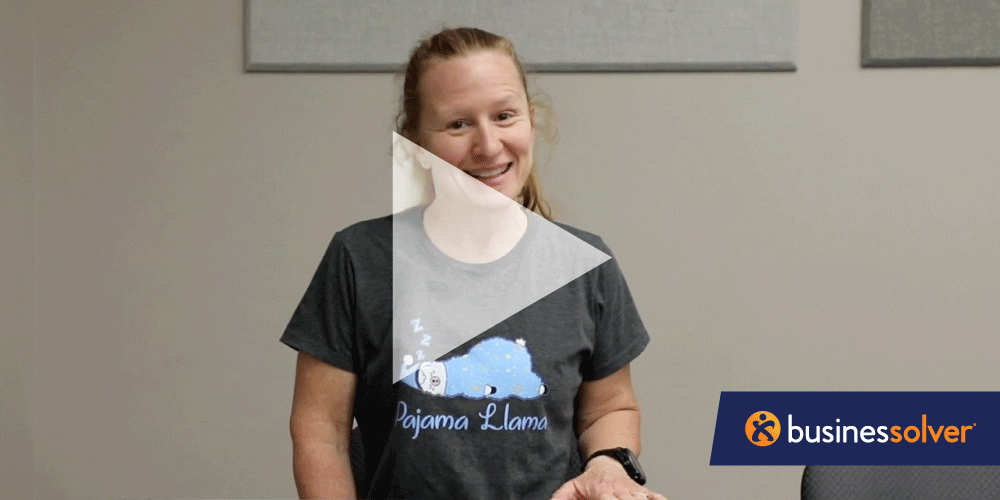Want to Increase Productivity? Sleep on It.

Peak productivity is an allusive thing.
Peak productivity is an elusive thing, like the perfect chocolate chip cookie: done right, nothing could be better, done wrong, and things could get crunchy (although I like my cookies a little crunchy, to each his own). Employers and HR professionals are consistently testing engagement methods and benefits offerings to find the secret recipe for perfect employee engagement rates. But they may be missing one key factor: Sleep.
No sleep, no good.
Not getting enough sleep can substantially decrease workplace productivity, safety and the overall health of employees. And this also causes some red eyes for employers as well. One recent study found that fatigue-related productivity losses were estimated to cost $1,967 per employee annually. When 35% of Americans don’t get the recommended seven hours of sleep each night, this number adds up.
Not getting enough sleep can also cause severe health problems such as obesity, heart disease, depression and diabetes. Not to mention it shortens life expectancy. So, how much sleep should you get? The recommended amount for highest health gains is seven to nine hours a night.
How much sleep should we be getting?
I know you’re thinking, “Who gets nine hours of sleep a night? That’s impossible!” We understand that the busy professional may find nine hours unattainable. However, getting less than six hours of sleep can start negatively impacting your health. To figure out how much sleep you need, start on the weekends. Go to sleep when you’re sleepy and wake up naturally (no alarm clocks!) and see how many hours you’ve snoozed.
Now, keep in mind, if you’re already sleep deprived you may sleep more during this experiment, sometimes up to 10 hours. But once you continuously test for a few weekends, your body will adjust and start sleeping normal hours.
To acknowledge the elephant in the room, many working professionals don’t get enough sleep because of our “always on” workplace culture. That blue glow in the middle of the night from scrolling through emails is not good for sleep health. Additionally, if you’re answering/sending emails at 10 o’clock at night, there is someone on the other end who feels stressed or is getting woken up with those pesky alerts. Not good for anyone’s sleep.
Creating a culture that respects off-hours is key to helping employees (and you) get enough sleep. Some other tips to keep in mind:
- Respect timing. As Daniel Pink has said, timing is everything. According to his theory, everyone has a peak, trough and recovery in their productivity schedules—a natural ebb and flow. At peak productivity, you should be diving into those hard projects. At the trough, think about doing your administrative tasks when your focusing abilities are a little lackluster. Then, in your recovery, think about tackling your creative to-do’s. There are three categories that employees will fall into. Those that peak later in the day are called Owls. Larks peak during early hours. And Third Birds peak somewhere in the middle. Keep this in mind when you’re scheduling meetings. Your Owl employees may not be in the best shape at your 7:30 am meeting due to lack of sleep.
- Flexibility is key. Time and again, workplace flexibility is voted as one of the best benefits for employee productivity, retention and engagement. Plus, workplace flexibility helps promote healthy sleep time. For example, it gives employees the option of coming in a little later to catch up on sleep if they worked late. This allows them to feel refreshed and ready for a new day!
- Be empathetic. Not all workplaces can be Google headquarters, which are complete with nap pods for employees to rest and refresh. Empathy, instead, can be your secret weapon to helping employees get enough sleep. Keep communication open and be sure to encourage your employees to be honest about their needs. By listening, you can help employees feel good about getting the rest/sleep they need for better workplace productivity and overall health.
